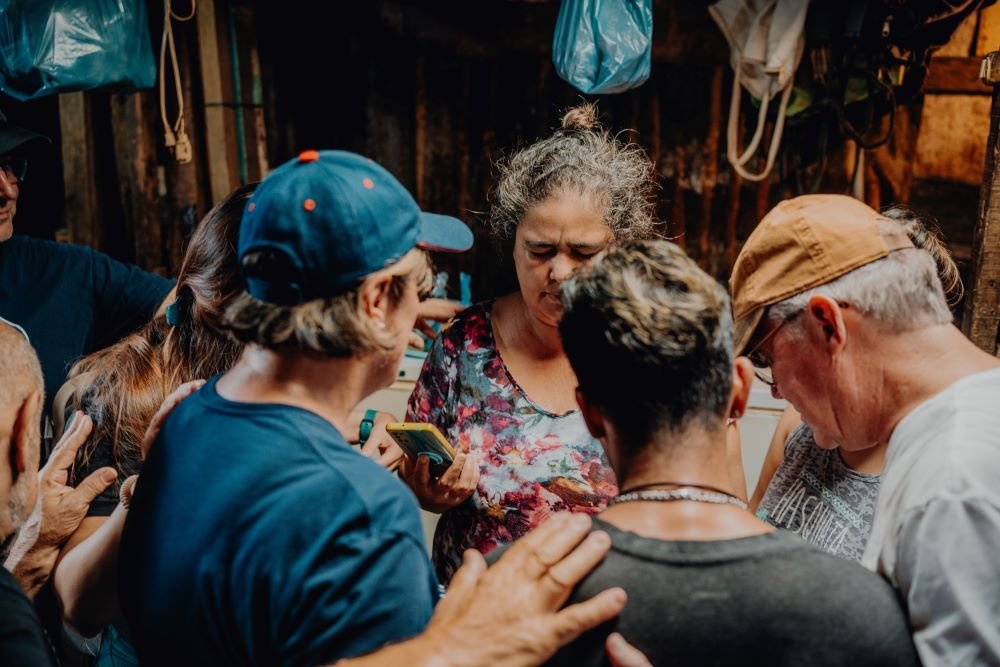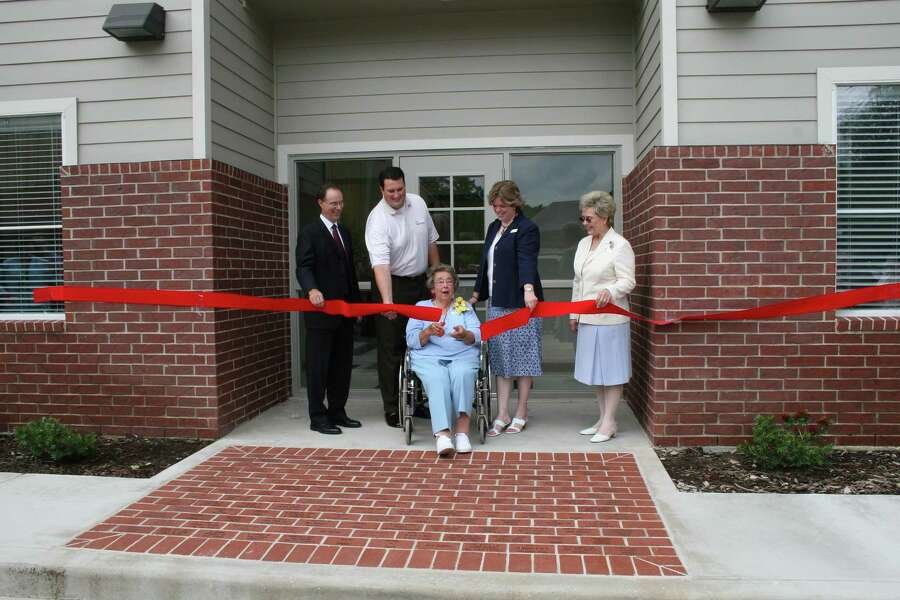Three Things to Know Before Catching up with a Missionary
The majority of us who are involved with a local church know of a friend, family member, or church partner that has lived on the mission field or is currently on the field. For the most part, the typical context in which we hear about missionaries and their life’s call to the field is on Sunday mornings. On any given Sunday, we may hear about how God used a missionary’s obedience, usually a quick plug or through an introduction from the stage if they happen to be in town.
Missionaries are people whose work is somewhat familiar to those of us in the church, yet we are distant enough from the details to leave them feeling vaguely unknown.
This can make catching up with a missionary friend over coffee quite uncomfortable or awkward at times. This is especially true when we realize we do not have a framework to understand the kind of work that they do and the experiences that they have had on the field. So, I wanted to give you some helpful tools for the next time you catch up with a missionary friend or family member—here are some helpful things to remember!
1. “Welcome Home!” Can be Hard to Hear
I know this probably seems mean and even un-empathetic, but just please hear me out. Missionaries do not always feel that their passport country is their “home” anymore. When these families and individuals have lived a significant period of time on the field, we must understand they have devoted their whole life to adjusting and integrating themselves into the culture in which they have been called to. This is actually the goal of every healthy missionary endeavor—to bring gospel renewal into that community in context. The key word to note is — context. In order for that goal to happen there is a high cost of culture shock that each cross-cultural missionary may face in order for contextualization to happen. For missionaries, this process takes years.
So, after putting their heart and soul into the process of submersion and integration, the return to their "home" country may no longer feel like home. This highlights a deeper truth that a lot of missionaries actually never want to come back to their home country. That leads us to our second point.
2. Coming Back Can Be Very Difficult
Missionaries return for a variety of reasons: a required visa trip, retirement, medical reasons, or an unfortunate crisis. No matter the reason, the process of re-entering can very difficult on both families and individuals that have lived overseas for quite some time.
In my opinion, re-entry is the most overlooked challenge a missionary can experience. Many missionaries look forward to seeing loved ones but resent the journey of coming back “home,”, especially after they have worked so hard to fight through their initial “going” culture shock. Our Missionary Care Team often hears that coming back home is more difficult than going away. The transition and lack of belonging create an undercurrent of tension called reverse culture shock.
“Re-entry is the most over-looked challenge a missionary can experience.”
Many missionaries may even struggle with anxiety and depression when they arrive back in their home country. Reverse culture shock can cause overwhelming feelings of isolation, inadequacy, and constant transition. One example our team often hears about is the overwhelming choice missionaries face in their first trip back to the grocery store. Having 30+ options to choose from for any given item from Kroger or H-E-B can be stressful.
Be aware of this reality, and even be willing to help smooth some of the transition for missionaries while they are here. They may need some of the same support we would give immigrants upon adjusting to the US.
3. Missionaries Desire Connection
I wanted to leave this last point here to end this piece on a lighter note. The previous points should give you understanding and insight into where missionaries are coming from, but they should not hinder the vital point of communication and connection.
Although missionaries have very different life experiences and challenges, they are still like us—they are people who are desperate for connection. As friends, family, and members of local churches, we need to give them a listening ear for connection and community. There is no way we could ever fully understand what they have experienced on the mission field, but it doesn't mean we can't try. Remember, it is about listening and affirming them!
Ask great questions. They might feel the need to simply discuss their experiences from life overseas. Or maybe there are aspects they don't want to talk about just yet. Follow their lead.
The important thing to note is that you have so much to offer when it comes to communication and connection. We may not understand their experiences or struggles, but we can still understand their emotions. We’ve all had thoughts and feelings of discouragement, depression, inadequacy, fulfillment, and utter joy. Therefore, when we catch up with our missionary friends let us start by asking great questions, listening and resonating with where they are in their journey.
“Missionaries might feel the need to discuss their experiences from life overseas. Or maybe there are aspects they don’t want to talk about just yet. Follow their lead. ”
Bonus Tip: If you are not already on their email list for their newsletters updates, request to be included. It is good to have some background and understanding, before meeting time with them. They spend a lot of time on those by the way!
I hope this helps you the next time you connect with a family member, friend, or church-sponsored missionary over coffee. Be confident that your relationship and connection time means the world to them, and they have been looking forward to the opportunity to share! Do not leave your time together without taking full advantage of the opportunity to encourage them in the work they do!
And let us consider how to stir up one another to love and good works… Hebrews 10:24
Skyler Womack served as the Minister of Missionary Care at Houston's First Baptist Church. Skyler and side his wife, Abigail Womack, currently live in downtown, Houston. They work with Apartmemt Life to provide wholistic community for their high-rise community.
A version of this article originally posted on Skyler's blog.










